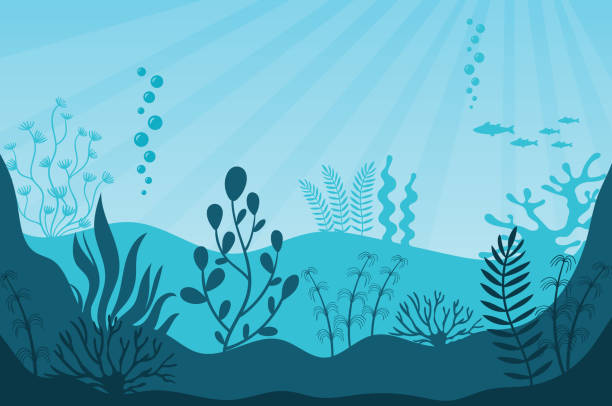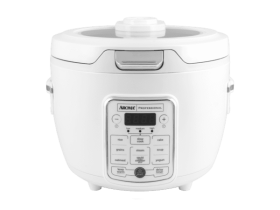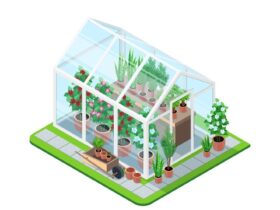Top 5 Common Saltwater Aquarium Issues and How to Fix Them
As a saltwater aquarium owner, you understand the beauty and tranquility these environments provide. But you also know the delicate balance required to maintain a healthy habitat. Even slight changes in water chemistry or temperature can stress your marine life. While saltwater tanks require diligence, some common issues arise. Arm yourself with knowledge of potential problems. Learn how to spot signs of trouble and act quickly to remedy them. Discover best practices to avoid pitfalls altogether. This guide will equip you to troubleshoot the most widespread saltwater aquarium troubles. You’ll gain confidence to handle dilemmas while creating an optimal underwater oasis. Read on as we dive into resolving the top saltwater aquarium headaches.
Maintaining Proper Water Parameters in Your Saltwater Aquarium
1. Water Quality
(-) Check water parameters like pH, ammonia, nitrites and nitrates regularly using aquarium test kits. High levels can be toxic to fish and corals. Perform water changes of 10-15% weekly or as needed to restore balance.
(-) Use a quality aquarium filter and protein skimmer to remove waste and maintain water quality. Clean or replace filter media as directed.
2. Lighting
(-) Ensure light levels are appropriate for the animals and plants in your aquarium. Corals and marine plants need intense light, while some fish prefer shadier, more dimly lit tanks.
(-) Replace old or failing bulbs that are 6-12 months past their rated lifespan. This provides the necessary spectrum and intensity of light required.
3. Heating
(-) Check that the aquarium temperature is in the appropriate range for your livestock. Most saltwater aquariums require water between 72 to 78°F.
(-) Ensure heaters are fully submerged for proper operation. Replace old or damaged heaters to maintain a consistent temperature.
4. Salinity
(-) Use a hydrometer or refractometer to measure the salinity which should be between 1.022 to 1.025 for most saltwater aquariums.
(-) Add freshwater or saltwater as needed during water changes to restore the proper salinity level.
5. Water Circulation
(-) Provide adequate water flow for your aquarium size and inhabitants using powerheads and wavemakers. This helps recreate natural ocean currents and provides oxygenation.
(-) Place pumps and powerheads strategically to create random, turbulent flow without strong, direct currents. This prevents “dead spots” in the tank lacking oxygen and nutrient exchange.
FAQs on Keeping a Healthy Saltwater Aquarium
To keep your saltwater aquarium healthy and the inhabitants thriving, you must maintain specific water parameters. Test the water regularly and make any necessary adjustments.
Salinity
The salinity or salt concentration should be between 1.023 to 1.025, which is roughly 35 to 35.5 parts per thousand (ppt). Use a hydrometer to measure the salt level and add pre-mixed saltwater or freshwater to adjust it.
pH Level
The ideal pH range for a saltwater aquarium is between 8.1 to 8.4. Low or high pH can stress the fish and invertebrates and affect the nitrification cycle. Test the pH with a quality test kit and use buffers to raise or lower the level.
Ammonia and Nitrites
Ammonia and nitrites should be 0 ppm. High levels are toxic and can kill the aquarium inhabitants. Perform regular partial water changes of 10-15% of the tank volume every week or two to help control ammonia and nitrites. You can also use a chemical filter media to help remove them.
Nitrates
Nitrate levels should not exceed 20 ppm. While not as toxic as ammonia or nitrites, high nitrates can also harm tank residents. Partial water changes and chemical filter media help lower nitrates. Live plants and algae can also help absorb excess nitrates.
By routinely testing and maintaining ideal levels of salinity, pH, ammonia, nitrites, and nitrates you will keep your saltwater aquarium healthy and the fish and invertebrates thriving. Be consistent and make adjustments as needed. Your efforts will be rewarded with a stunning, balanced ecosystem.










